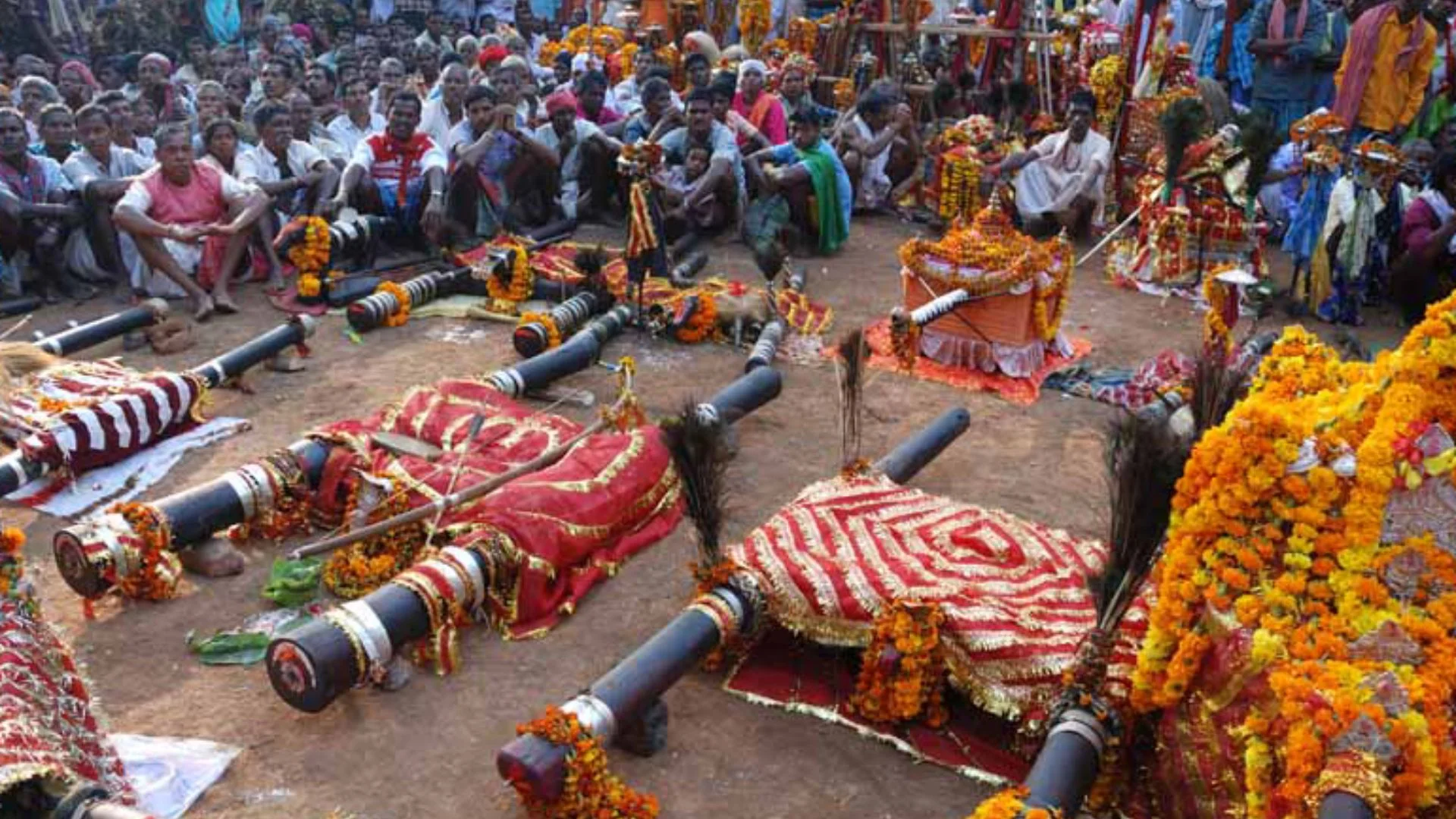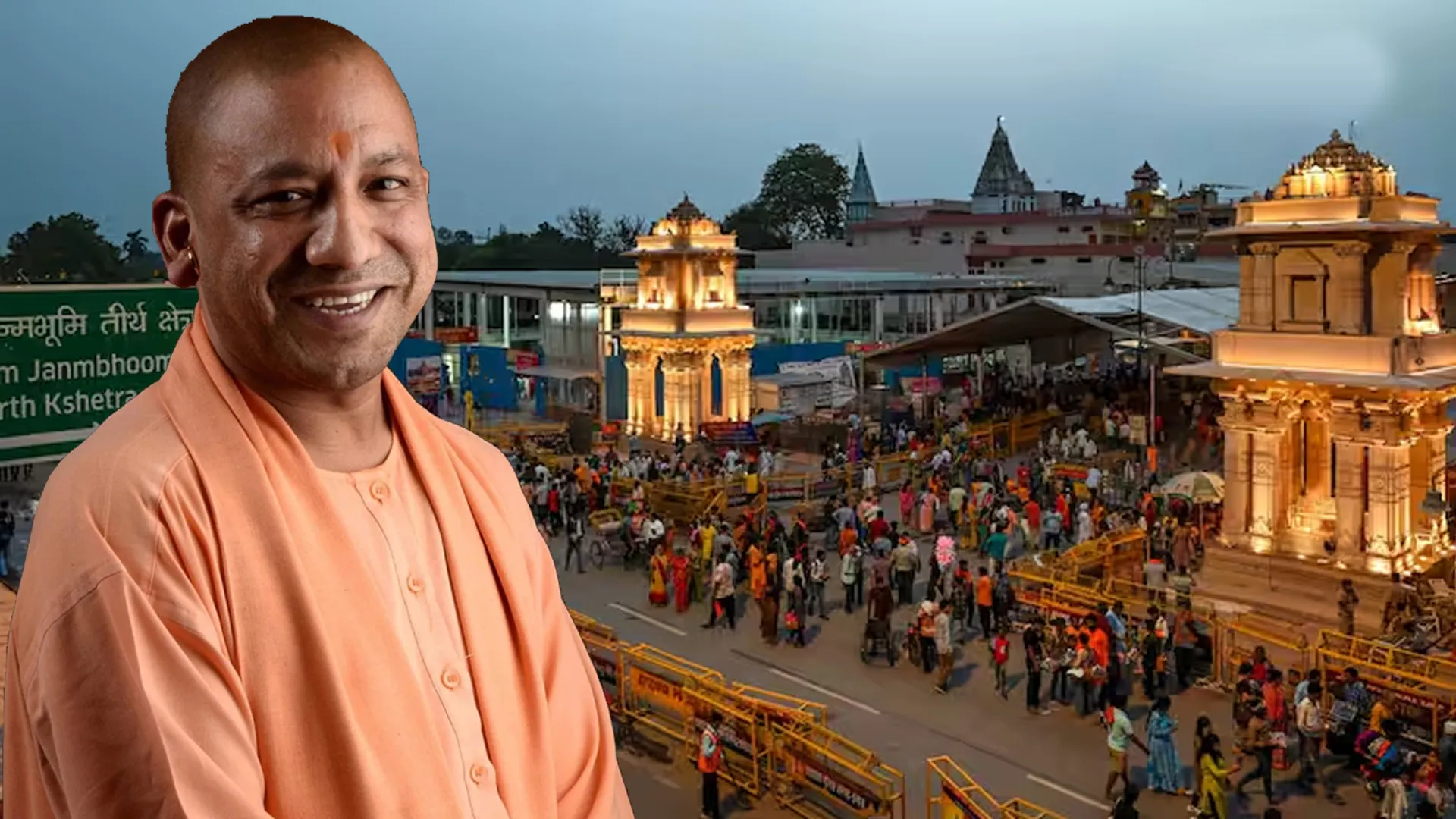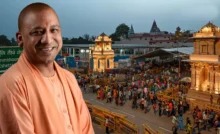Divine Court in Action
In Chhattisgarh’s tribal Bastar region, a unique judicial tradition unfolds annually at the Bhangaram Devi Temple. This divine court, held during the Bhado Jatra festival, even holds Gods accountable for their actions, highlighting a fascinating aspect of local folklore and religious practice.
Annual Trials at the Temple
During the three-day Bhado Jatra festival, Bhangaram Devi, the temple’s deity, presides over trials where Gods are the accused. The villagers, who are the complainants, bring forth grievances such as failed harvests or unanswered prayers. The trials, witnessed by animals like hens, result in severe penalties for the guilty deities. If found guilty, their wooden idols are exiled to the temple’s backyard, sometimes for life or until they prove their worth by answering prayers and restoring their divine duties.
A Festival of Accountability
This tradition reflects the reciprocal relationship between humans and deities, as historian Ghanshyam Singh Nag explains. Gods are expected to protect and provide for the people, and if they fail, they face judgment. The festival underscores the belief that even the divine must maintain their responsibilities.
Process and Procedure
Village leaders act as lawyers, while hens serve as witnesses during the trials. After the verdict, the sentenced gods are removed from the temple and placed under trees, symbolizing their punishment. The proceedings are meticulously documented in a ledger that records all cases, including the number of deities tried, their alleged crimes, and the outcomes.
Opportunity for Redemption
Unlike conventional legal systems, the divine court allows for appeals. Exiled Gods can seek forgiveness from Bhangaram Devi, and if they demonstrate a change in their ways, their exile can be lifted. This system reinforces the idea that divine beings are also accountable for their actions, mirroring societal expectations of responsibility and duty.
Cultural Significance
The Bhangaram Devi Temple, founded during the 19th century reign of King Bhairamdev, is steeped in local lore. The deity Bhangaram Devi, who is believed to have migrated from Warangal, and “Dr Khan,” a revered figure who aided the tribals during epidemics, are central to the region’s spiritual life. The temple’s rituals and the divine court continue to be a testament to Bastar’s rich cultural and religious heritage.










